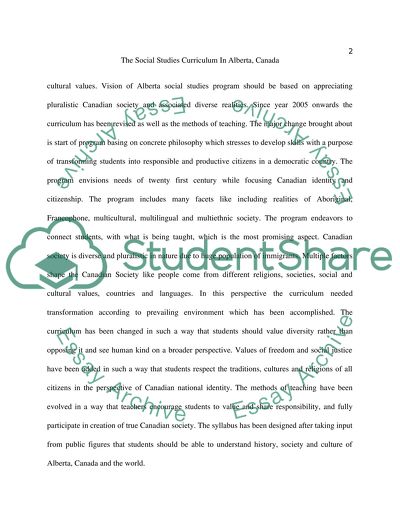Cite this document
(“The Social Studies Curriculum in Alberta, Canada Research Paper”, n.d.)
The Social Studies Curriculum in Alberta, Canada Research Paper. Retrieved from https://studentshare.org/education/1444684-the-social-studies-curriculum-in-alberta-canada
The Social Studies Curriculum in Alberta, Canada Research Paper. Retrieved from https://studentshare.org/education/1444684-the-social-studies-curriculum-in-alberta-canada
(The Social Studies Curriculum in Alberta, Canada Research Paper)
The Social Studies Curriculum in Alberta, Canada Research Paper. https://studentshare.org/education/1444684-the-social-studies-curriculum-in-alberta-canada.
The Social Studies Curriculum in Alberta, Canada Research Paper. https://studentshare.org/education/1444684-the-social-studies-curriculum-in-alberta-canada.
“The Social Studies Curriculum in Alberta, Canada Research Paper”, n.d. https://studentshare.org/education/1444684-the-social-studies-curriculum-in-alberta-canada.


